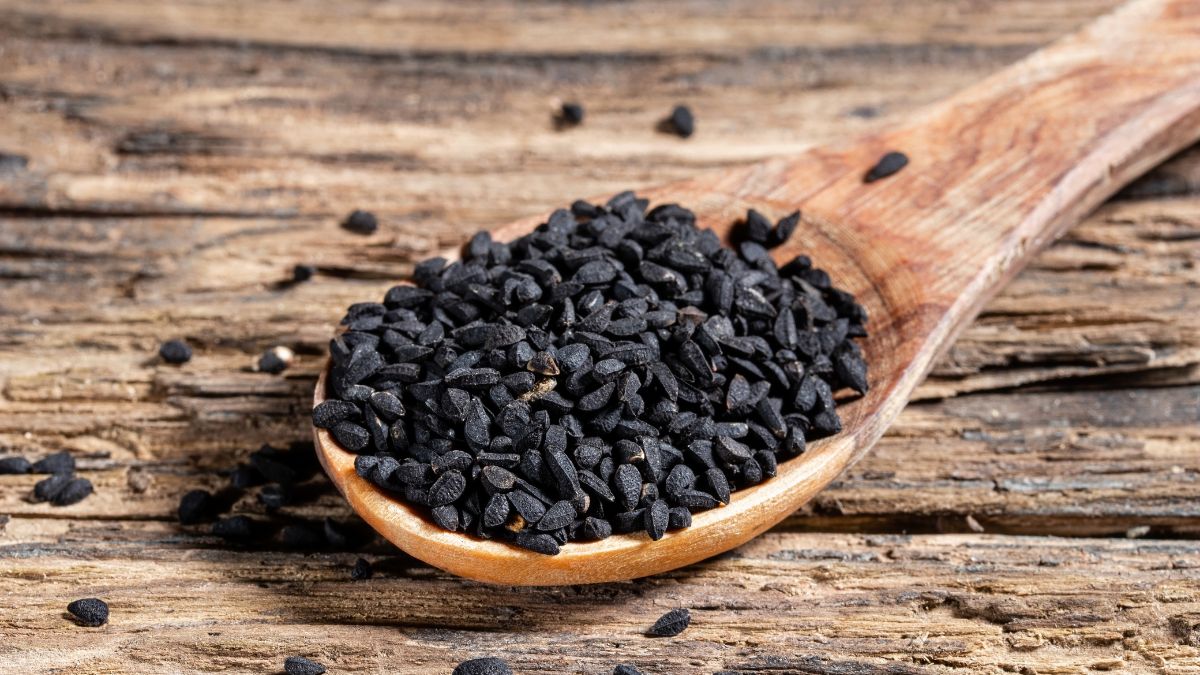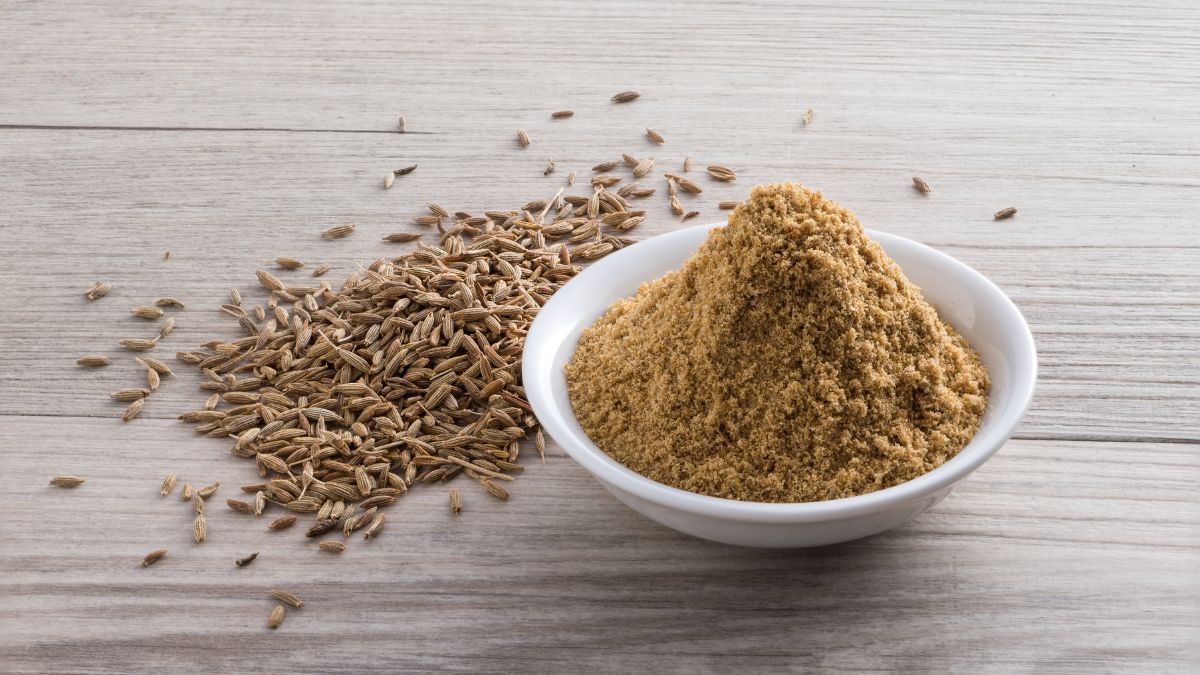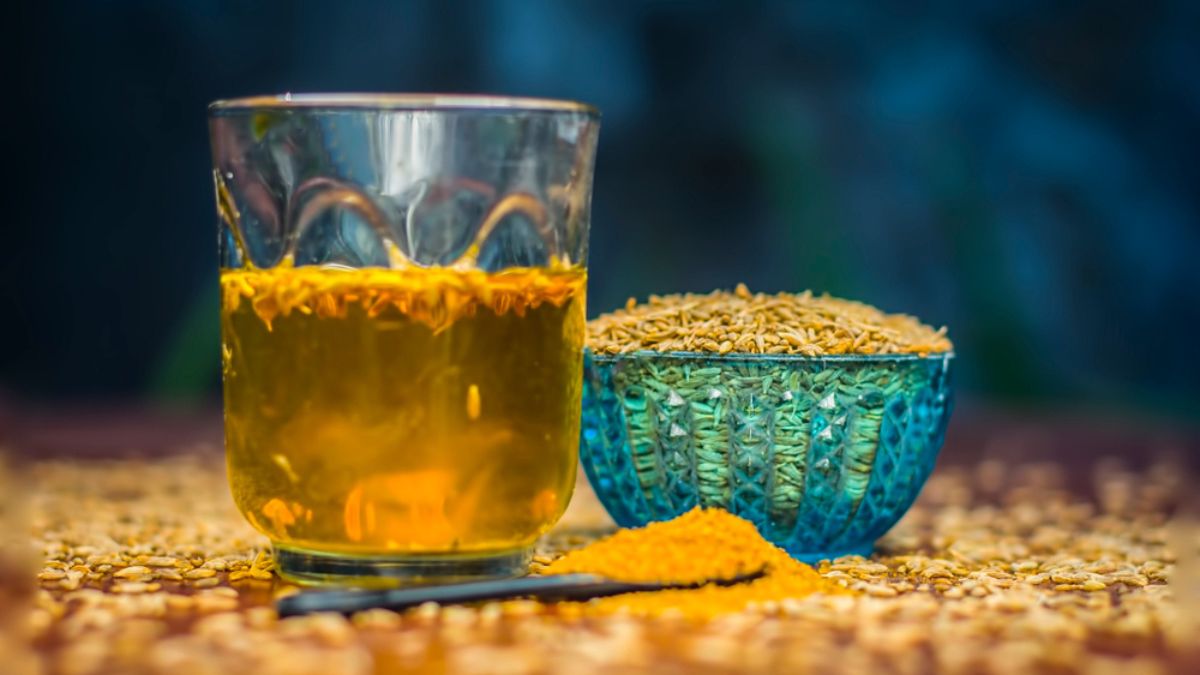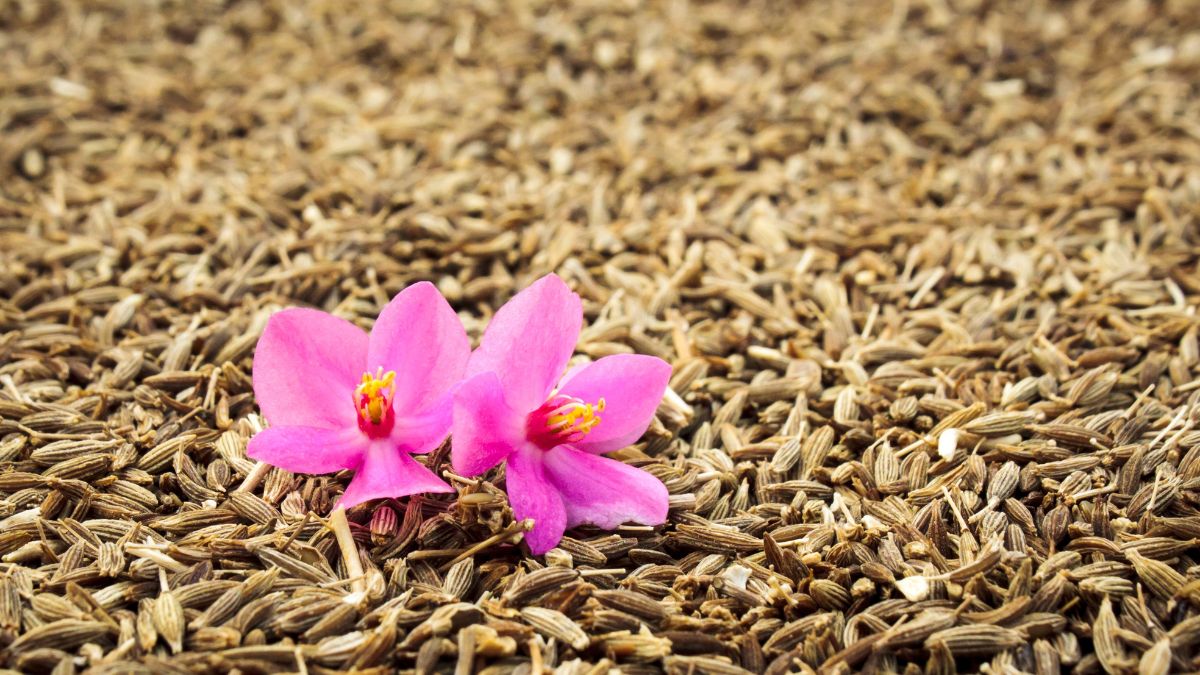JEERA AND JEERA POWDER - THE VERSATILE SPICE SET
Introduction to Jeera
Jeera, aka Cumin (Cuminum cyminum L), is an ancient Middle Eastern herb. It's a low-growing, leafy plant related to carrots and parsley. The cumin seed comes from the cumin plant. China, India, and the Mediterranean cultivate Cumin.
Cumin seed has a fragrant scent and a bitter taste. It is a condiment ingredient in curry powders, bread, cake, and cheese seasonings. Most Central and South American local recipes use Cumin. Cumin Seeds work as a stimulant, carminative, stomachic, and astringent.
History Of Cumin
Cumin was a mummification component for Egyptian pharaohs' bodies five thousand years ago. The Bible mentions it in the book of Isaiah (28: 25-27). In the Hadith, the prophet Mohammed says, "Hold on to use the black cumin, for it may heal any ailment except death." Cumin was first grown in Iran and the Mediterranean region. As a symbol of love and devotion, wedding guests carried cumin seeds in their pockets. Cumin was present in the diets of Indian, Greek, and Roman cultures. European colonialism helped spread the spice to North and South American cuisines.
Types of Jeera
Kala Jeera and Shahi Jeera are two popular varieties known for their unique flavors and aromas.
Kala Jeera

Kala Jeera is a famous spice used in Northern Indian cuisine. Use its rich, nutty, grassy flavor to spice meat and rice recipes. Kala Jeera is a tiny, dark-brown, crescent-shaped seed. They have a sharp, sore taste before cooking or toasting.
Uplands of Himachal Pradesh, Kashmir, and Uttaranchal cultivate Kala Jeera. Some of the dry, serene northwest Himalayas also grow the same.
Northern Indian cuisines, steam them before adding them to curry pastes and blends. Kala Jeera gives a tingling taste to the rice. You can also use it in baking bread.
Shahi Jeera

Shahi Jeera gives food a robust and distinctive aroma. The flavor and aroma resemble the Mediterranean region. You can also cook rice for a nutty and peppery taste. You can also add Shahi Jeera to dry vegetables and curry pastes. You can also bake it into pieces of bread, cookies, and cakes.
The Benefits Of Cumin
Disclaimer: This blog does not provide you with any medical advice. It is meant to be an informational and recipe blog only. Please consult your physician or medical expert for what works best for you.
- It may aid in Weight Loss - Studies say consuming three gms of cumin powder daily with a balanced diet helps lose weight. Studies say that cumin-consuming people drop a lot of weight after eight weeks. The cumin group also had lower insulin levels. Triglycerides, BMI, and weight are all improved after regular consumption.
- Cumin Regulates Sugar Levels - Consuming Cumin can help you lower your blood sugar levels. Cumin stimulates insulin production in the body. It helps to keep blood glucose levels in check. Research says crude ethanol extract from cumin seeds is an alternate diabetic treatment.
- Cholesterol Control - A Study on overweight and obese women says consuming 3 g of cumin powder daily helps lower cholesterol. Those who consumed the cumin powder also had higher HDL levels or "good" cholesterol. Low-density lipoprotein, or "bad" cholesterol, and triglycerides were also seen.
- It has antioxidant properties - Antioxidants prevent the damage caused by free radicals. Cumin seeds have a high concentration of plant antioxidants such as phenols, flavonoids, and alkaloids. Cumin's antioxidant capabilities may help to avoid clogged arteries and heart disease.
- It may Aid in regulating blood pressure - Potassium is essential to the processes that keep the body's blood pressure stable. - Cumin has a lot of potassium. Spice Cumin has roughly 1788 mg of potassium per 100 g. Making Cumin a part of your diet thus helps your body absorb the necessary potassium.
- Adequate Cumin Dosage - Consuming dishes containing Jeera is generally safe (and likely healthy) for most people. There may be specific situations where cumin supplementation should be minimized or avoided.
Cumin seasoning supplementation does not have an accepted dose among health specialists. Yet, the usual amount of cumin supplements on store shelves is 300-600 mg daily. Although Cumin is non-toxic, ingesting larger dosages may result in harmful effects. People with allergies to this spice or low blood sugar must be cautious with cumin dosage. Pregnant women or planning for it also must not consume Cumin in high dosages.
Jeera Water Benefits

Drinking jeera water paves the way for a wholesome digestive system. Thymol found in cumin seeds boosts gastric gland secretion.
Jeera water has anti-carcinogenic properties. It lowers the risk of various cancers. It also averts metastasis.
Jeera water helps in hydrating our bodies. It also helps to flush out toxins from our bodies.
How To Cook With Cumin In Your Kitchen?
- Fried - Frying cumin seeds in heated oil is a terrific technique to enhance flavor. You can use it as a tadka with humus and dal or toss stir-fried veggies. Before adding the Cumin, ensure the oil is heated; it will be ready when browned, and you can smell its earthy aroma.
- Toasted - The best way to prepare whole spice cumin seeds is to roast them in a hot, dry pan. It enhances their flavor and gives them a rich, smokey quality. It adds an earthy flavor to salads and soups.
- Ground - Process the toasted Cumin seeds into ground cumin powder. It is best to roast and grind small amounts of the seeds at a time to ensure that they stay fresh. You can add ground cumin to anything from plain curd to a gravy dish to give the meal a new earthy note.
To Conclude on Jeera

Jeera is a fantastic spice! Many studies prove Cumin's many health advantages. Yet, it is critical to do what is necessary. If you don't use Cumin, try it and learn its many benefits! At Alco Foods, we source the best Cumin that is 100% natural and of the best quality. We strengthen the local communities by purchasing Jeera from local Indian farmers.
FREQUENTLY ASKED QUESTIONS
Related Products
Related Articles
